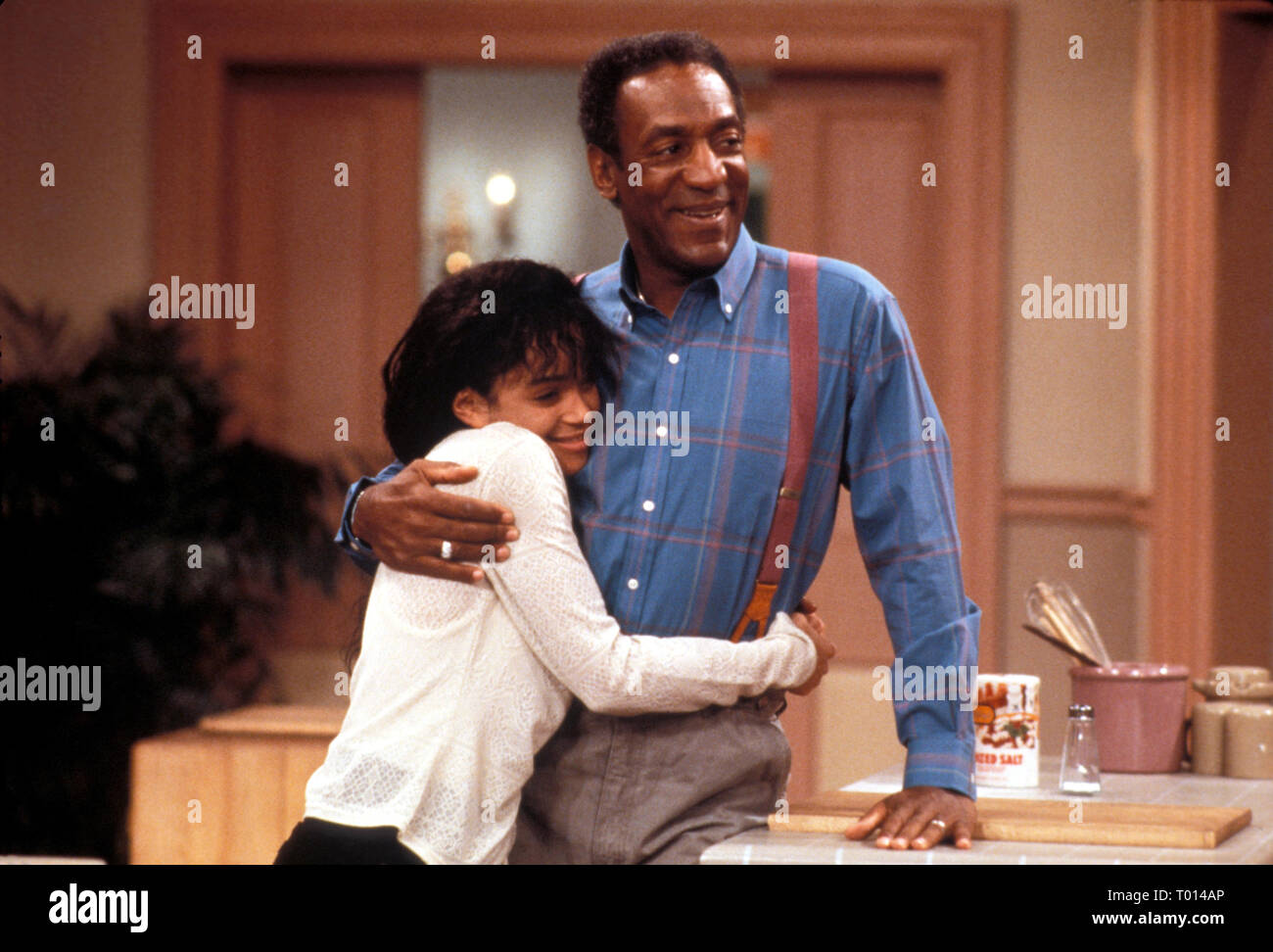
Imagine a world without The Cosby Show — a world where the groundbreaking portrayal of the Huxtable family never graced television screens. What would television have looked like in the 1980s and beyond without the cultural impact of this iconic show? Would African-American representation in the media have progressed as quickly? Would we have seen the same level of diversity and inclusion in prime-time TV?
In this article, we’ll take a look at the enduring legacy of The Cosby Show and explore the question: What would TV look like without it?
Paving the Way for African-American Representation
Before The Cosby Show, African-American families were often depicted as working-class or struggling in sitcoms. Shows like Good Times and The Jeffersons had broken new ground, but they didn’t offer the same aspirational depiction of African-American life that The Cosby Show did. The Huxtables were successful professionals, portrayed with dignity and warmth, challenging stereotypes and providing a role model for both African-American and white viewers.
Without The Cosby Show, it’s hard to imagine the meteoric rise of other television shows that focused on African-American families and characters. Without its success, there may not have been A Different World, a spin-off that explored the lives of African-American college students. The Fresh Prince of Bel-Air, Family Matters, and Living Single might not have existed in the same form without The Cosby Show paving the way for shows featuring black leads.
The Influence on Future TV Shows
One of the greatest impacts of The Cosby Show was its ability to shape how television could portray diverse characters and families. Shows in the years that followed took a cue from The Cosby Show, shifting away from caricatures of black characters to more complex, relatable portrayals. The Huxtables proved that television could feature African-American families who were successful, loving, and multifaceted, setting a new standard for television across genres.
The Legacy of Positive Representation
Without The Cosby Show, it’s likely that African-American characters would have continued to be marginalized or relegated to secondary roles. The show’s focus on a strong African-American family, headed by educated and successful parents, offered a new form of representation that empowered future generations to believe that success was possible, regardless of race.
Conclusion: A Monumental Show
While television has evolved significantly since The Cosby Show first aired, its legacy is undeniable. Without it, the landscape of African-American representation on television would likely have looked very different. The Huxtables weren’t just a family on TV; they were a symbol of what was possible for African-American families in real life. Their impact on television is immeasurable, and we are still seeing the effects of their groundbreaking portrayal in today’s media. The Cosby Show was more than just a sitcom — it was a cultural milestone that changed television forever.
